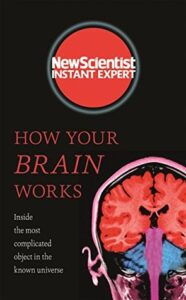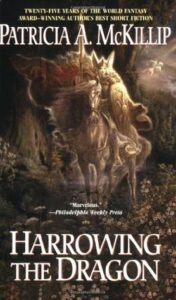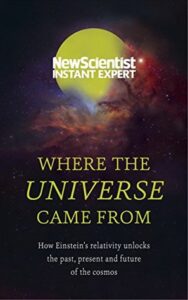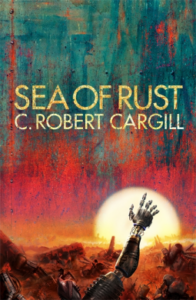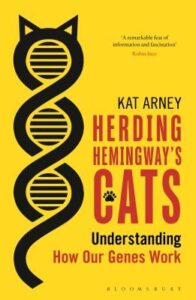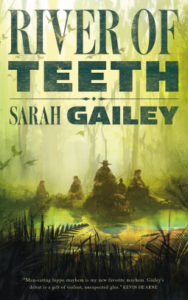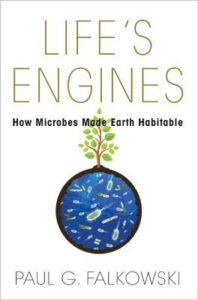 Life’s Engines, Paul G. Falkowski
Life’s Engines, Paul G. Falkowski
This is an accessible book, crystal-clear about all the concepts it discusses. It’s not bad as a revision guide for me, as far as some of my cell bio concepts go; it’d be good for an intelligent layperson. Falkowski writes with assurance, and though there were no surprises here for me, it was still an interesting read.
My only qualm would be that sometimes his choice of words is a little cringy to me. We don’t need “cell stuff”; I’m sure all readers at this level could manage the term “nutrients” or “proteins” or something clearer. Which is funny, given I just said he’s crystal clear — it’s not that the words are confusing, it’s just that they don’t actually make things simpler and easier to understand. They don’t actively obscure, but they do the reader no favours either.
Nonetheless, a book I enjoyed reading.

